
Home
Publications
Publications
Showing 0 to 0 of 0 results
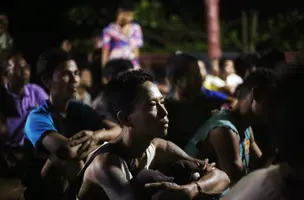
Statements
2025-07-02T09:21:44
ASEAN Foreign Ministers Must Act Now to Free Myanmar’s Political Prisoners, Say Southeast Asian MPs
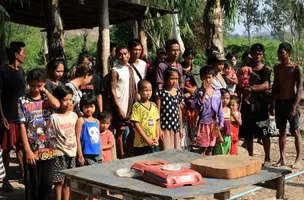
Statements
2025-05-30T10:03:16
ASEAN’s Statement on Expanded Ceasefire Falls Short; Myanmar Crisis Needs Concrete Measures, Says APHR
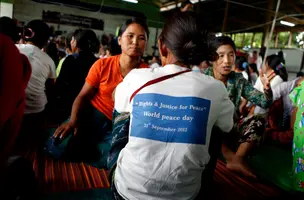
Statements
2025-05-02T16:32:57
APHR FFM Reveals Alarming Crisis: ASEAN Must Demand Permanent Ceasefire and Protect Myanmar’s Refugees and Political Prisoners
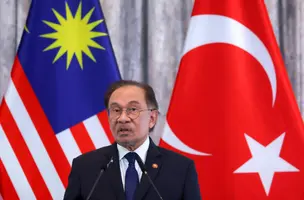
Statements
2025-04-16T21:47:09
APHR Alarmed by ASEAN Chair’s Meeting with Myanmar Junta Chief
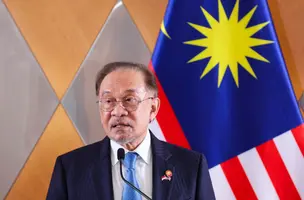
Statements
2025-04-14T12:36:25
APHR Urges ASEAN Chair and Malaysian Prime Minister to Champion Inclusive Peace in Myanmar During Meeting with President Xi
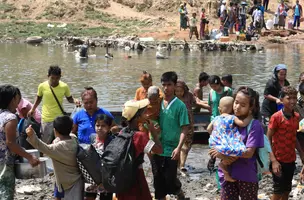
Open Letters
2025-04-14T12:30:30
Open Letter from ASEAN Parliamentarians for Human Rights (APHR) on Advancing the Peace Process in Myanmar
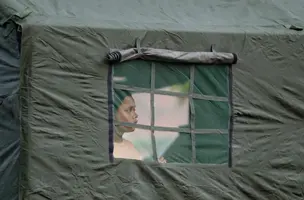
Statements
2025-04-03T09:10:12
Southeast Asian Lawmakers Condemn Myanmar Military’s Obstruction of Earthquake Relief Efforts
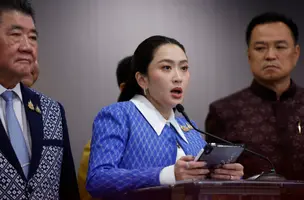
Statements
2025-04-02T12:59:55
BIMSTEC Must Not Welcome Myanmar Junta: APHR Urges Thailand to Take a Stand
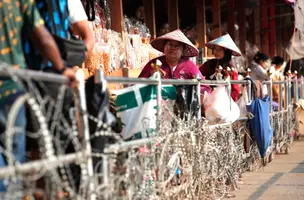
Statements
2025-03-25T13:26:43
APHR Applauds Thai Parliament’s Initiative on Myanmar Crisis and Calls for Unified, Gender-Inclusive Peacebuilding
TOP
ASEAN Parliamentarians for Human Rights (APHR) was founded in June 2013 with the objective of promoting democracy and human rights across Southeast Asia. Our founding members include many of the region's most progressive Members of Parliament (MPs), with a proven track record of human rights advocacy work.
Copyright © 2024-2025 All Rights Reserved - ASEAN Parliamentarians for Human Rights (APHR)
Website by Bordermedia